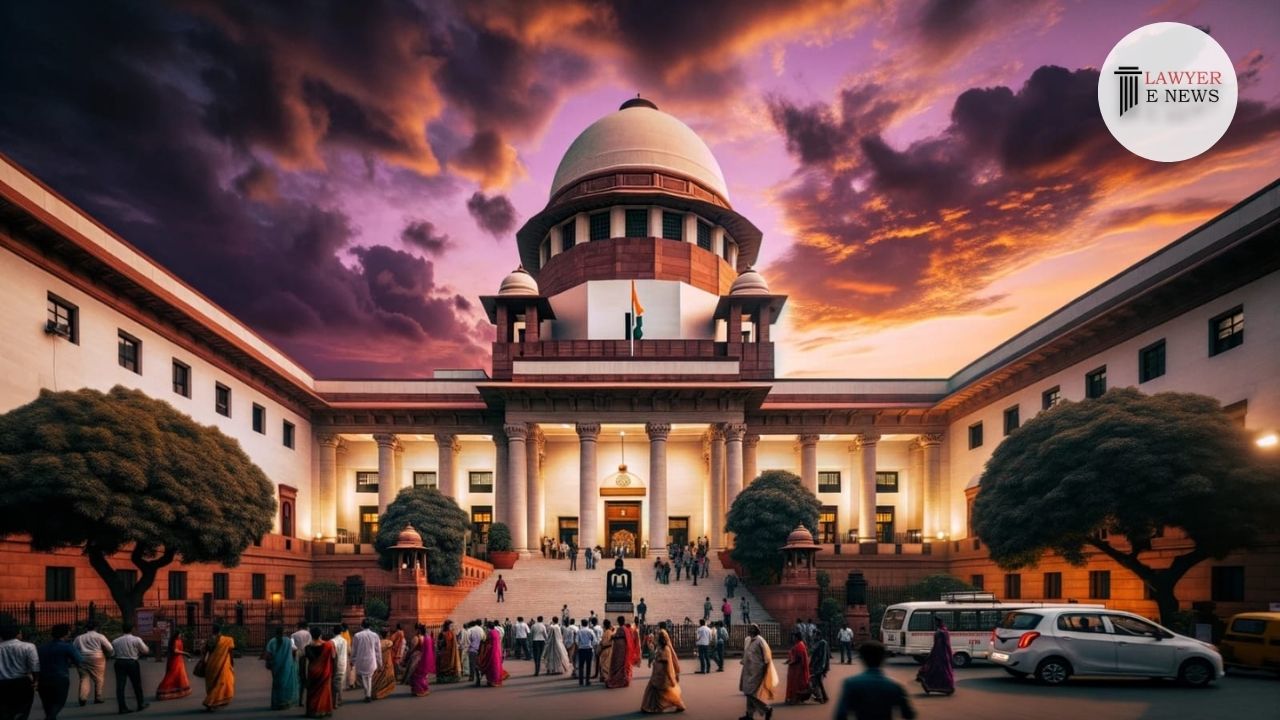-
by Admin
15 February 2026 5:01 PM



In a significant judgment, the Supreme Court of India today restored the criminal proceedings in a case involving serious charges like abduction and assault, which were earlier quashed by the High Court based on a settlement agreement. The apex court emphasized the necessity of the complainant’s consent in the settlement of non-compoundable offences.
The case revolved around the quashing of FIR and subsequent proceedings under various sections of the IPC, including 364, 147, 148, 149, 323, and the applicability of Section 482 of the Code of Criminal Procedure, 1973. The Supreme Court scrutinized the exercise of the High Court's power under Section 482 CrPC in quashing criminal proceedings based on a settlement, particularly emphasizing the role of the original complainant in such settlements.
The FIR, filed in 1999, accused certain individuals of assault and abduction. Despite a charge-sheet being filed, the accused persons sought quashing of the proceedings through a settlement agreement in 2022 with a party who was not the original complainant. The High Court accepted this settlement, leading to the current appeal in the Supreme Court.
Involvement of the Original Complainant: The Court noted that the original complainant, also an injured victim, was not a party to the settlement and had not consented to it. This lack of consent was pivotal in considering the quashing of proceedings involving serious, non-compoundable offences.
Jurisdiction under Section 482 CrPC: The Court highlighted the limitations of the High Court's inherent powers under Section 482 CrPC. It emphasized that these powers should be judiciously exercised to secure justice and prevent the abuse of legal process, especially in cases with serious societal implications.
Restoration of Proceedings: The apex court directed the restoration of the criminal case to the trial court, instructing an expedited trial given the long duration since the FIR's filing.
Reversing the High Court’s decision, the Supreme Court upheld the importance of the original complainant’s stance in cases involving serious crimes. It was concluded that settlement agreements do not necessarily lead to quashing of proceedings, especially in non-compoundable offences.
Date of Decision: March 1, 2024
Anil Mishra v. State of U.P. & Ors.
